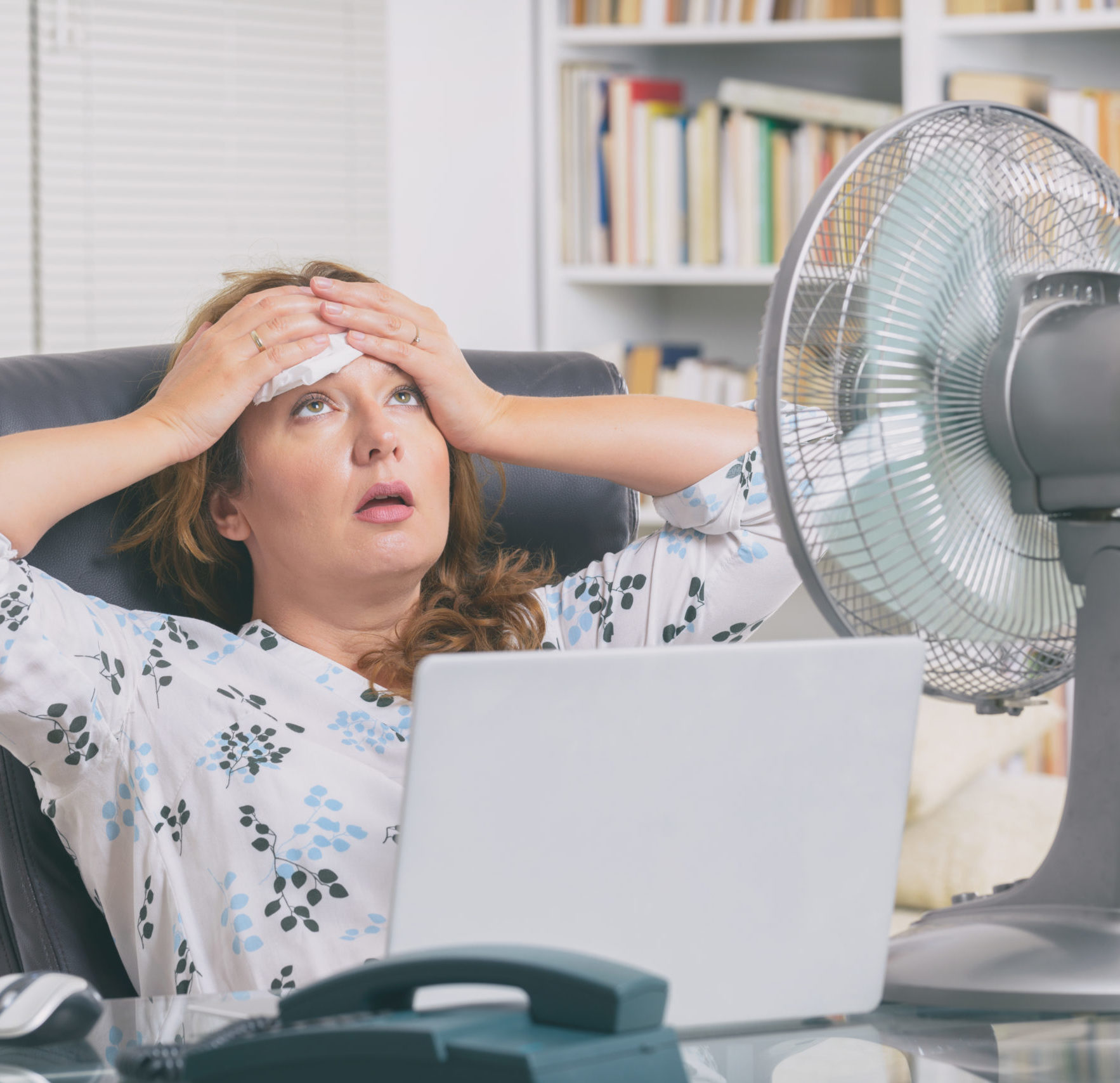The ‘Am I In Menopause?’ PROJECT
Catch up with our ongoing video project, featuring diverse stories about life during and after menopause.
Learn moreLibrary of Scientific Papers
Browse through summaries of the research on the menopausal transition.
Learn moreMenopause Transition Survey
We have put together a general inquiry survey to try to understand our audience without gathering any personal identifying information. Thanks for your feedback!
Learn moreCharts & Graphs
We have put together all our charts and graphs resources in one location for your convenience.
Learn MoreTherapies
There are multiple therapies to alleviate the changes and symptoms related to the menopausal transition, ranging from increasing your activity levels to medications requiring prescriptions. At Herstasis™ we want to help you understand these therapies from a science-based perspective, giving you the tools to feel more in control of your individual menopausal transition experience.

Symptoms
There are dozens of changes and symptoms associated with menopause found in five major categories: Vasomotor, Urogenital, Somatic, Psychological, and Sexual. Some of these are temporary whereas others can be permanent. Individual women often experience a range of symptoms from each category, varying from hot flashes and night sweats to anxiety and mood swings. Clinicians pair information about a woman’s symptoms with the date of the last menstrual period to determine whether a woman is likely to be in perimenopause, also known as the menopause transition. Explore below or use the top menu ‘Changes and Symptoms’ to learn more and dig into the details of why they occur and what you can do about them.

